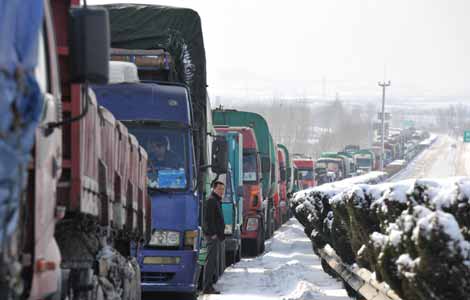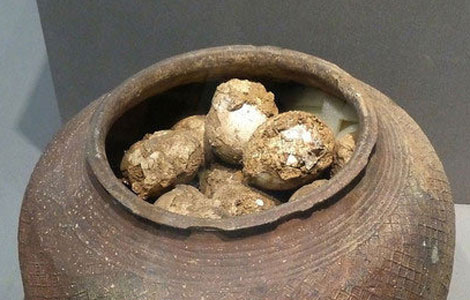

JERUSALEM -- China and Israel agreed on Thursday to further strengthen their all-round cooperation, including facilitating people-to-people exchange, labor exports and technology transfer between the two countries.
The agreement was made when Chinese Foreign Minister Wang Yi met with his Israeli counterpart Avigdor Lieberman.
The two ministers spoke highly of the development of bilateral relations in recent years and agreed to seize the opportunity to further enhance cooperation between their two countries.
They fully recognized the role of the inter-governmental cooperation mechanism and agreed to clarify new fields and projects for bilateral cooperation so that the two sides can expand their mutually beneficiary cooperation.
They agreed that China and Israel will waive visa requirements for bearers of diplomatic and service passports of the two countries, and that on this basis, both sides will start talks on allowing a 72-hour visa-free transit stay for each other's nationals.
To cope with a rise in the number of travellers between the two countries, China and Israel will encourage their airlines to open more direct flights between the two countries. The two sides also agreed to sign related deals to regulate labor cooperation.
With its reforms and opening-up further deepened, China will provide a better environment for Israeli companies to invest and do business in the Asian country and the Israeli side has agreed to be more flexible in technology transfer to China.
Other consensus reached during the meeting include Israel's willingness to seize the opportunity to reach a peace deal with the Palestinians and China's support in this regard.
Wang arrived in the region late Tuesday evening for his first ever visit to Israel and Palestine. On Wednesday, he met with Palestinian leaders in the West Bank city of Ramallah, before holding talks with Israeli Prime Minister Benjamin Netanyahu in Jerusalem. Wang met with Israeli President Shimon Peres Thursday.
Wang will leave for Algeria Friday to continue his five-nation Middle East trip, which will also take him to Morocco and Saudi Arabia. He is the first Chinese foreign minister visiting Israel since 2009.







